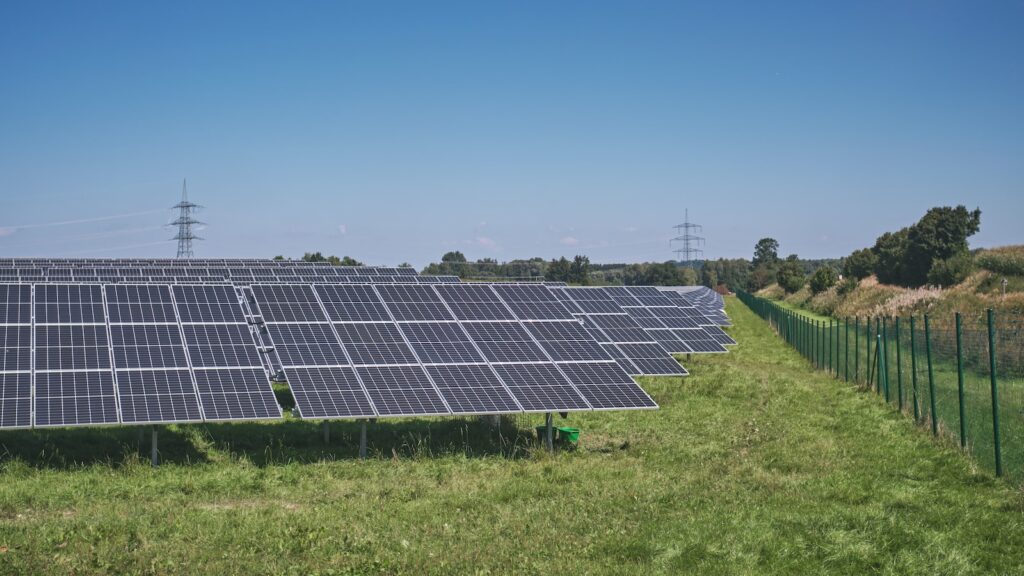Introduction:
Solar microgrids are set to revolutionize the lives of over 9,000 remote households in Tripura, a rural state in northeastern India. This remarkable initiative aims to provide sustainable and affordable electricity, empowering these communities with access to clean energy and enabling them to step out of the darkness that has enveloped them for far too long. With solar power becoming increasingly popular worldwide, this project is a testament to the potential of renewable energy sources to uplift and transform lives.
Harnessing the Power of the Sun:
The deployment of solar microgrids in Tripura is primarily focused on bringing reliable electricity to areas that have been left behind by traditional power grids due to their geographical location and logistical challenges. These microgrids, powered by solar panels, offer a decentralized approach to energy distribution, ensuring that every household can enjoy the benefits of electricity.
Lights Flicker On in Remote Villages
Transforming Rural Lives:
The impact of solar microgrids on the lives of people in these remote villages cannot be overstated. Previously, residents relied on dangerous and expensive kerosene lamps or candles to illuminate their homes after sunset. However, with the introduction of solar microgrids, they can now enjoy consistent lighting throughout the night, making daily activities safer and more productive.
A Paradigm Shift Towards Renewable Energy
Breaking the Chains of Energy Poverty:
Access to electricity is a basic necessity in today’s world, enabling access to education, healthcare, and economic opportunities. Unfortunately, many remote areas continue to suffer from energy poverty, hindering their development prospects. Through the installation of solar microgrids, Tripura is taking a significant step towards breaking the chains of energy poverty, providing a better future for its residents.
Empowering Communities with Clean Energy
Environmental Advantages:
One of the most significant advantages of utilizing solar microgrids is the positive impact it has on the environment. By harnessing the abundant sunlight available in Tripura, these microgrids produce clean and renewable energy, significantly reducing carbon emissions and reliance on fossil fuels. This contributes to the fight against climate change and helps create a more sustainable future.
Fostering Environmental Stewardship
Job Creation and Economic Growth:
The implementation of solar microgrids in Tripura not only brings energy to remote households but also brings various economic benefits to the region. The installation and maintenance of these microgrids create job opportunities within the local communities, stimulating economic growth and empowering individuals with valuable skills in the renewable energy sector. This further enhances the self-sustainability of these communities and boosts the overall socio-economic development of the region.
Fueling Economic Prosperity
Government Initiative and Partnerships:
The successful implementation of the solar microgrid project in Tripura is a result of collaborative efforts between the government, local communities, and private organizations. The government has taken proactive steps by providing subsidies and incentives to make solar power more affordable and accessible to remote areas. Partnerships with solar energy companies and non-profit organizations have also played a crucial role in the effective execution of this initiative.
A Unified Effort for Progress
Replicating Success:
The positive outcomes of the solar microgrid project in Tripura serve as a beacon of hope for other regions facing similar challenges. The success of this initiative highlights the immense potential of solar power to transform lives and serves as a model for future projects. By replicating the Tripura model, other states and nations can embrace renewable energy solutions and uplift communities living in energy poverty.
Conclusion: Paving the Way for a Brighter Future
The introduction of solar microgrids in Tripura has undoubtedly sparked a remarkable transformation in the lives of the remote households residing in the region. From providing basic lighting needs to enabling access to education and economic opportunities, this initiative is a testament to the power of renewable energy sources. As more regions embrace solar microgrids, the dream of a sustainable and equitable future becomes closer to reality, one flicker of light at a time.



